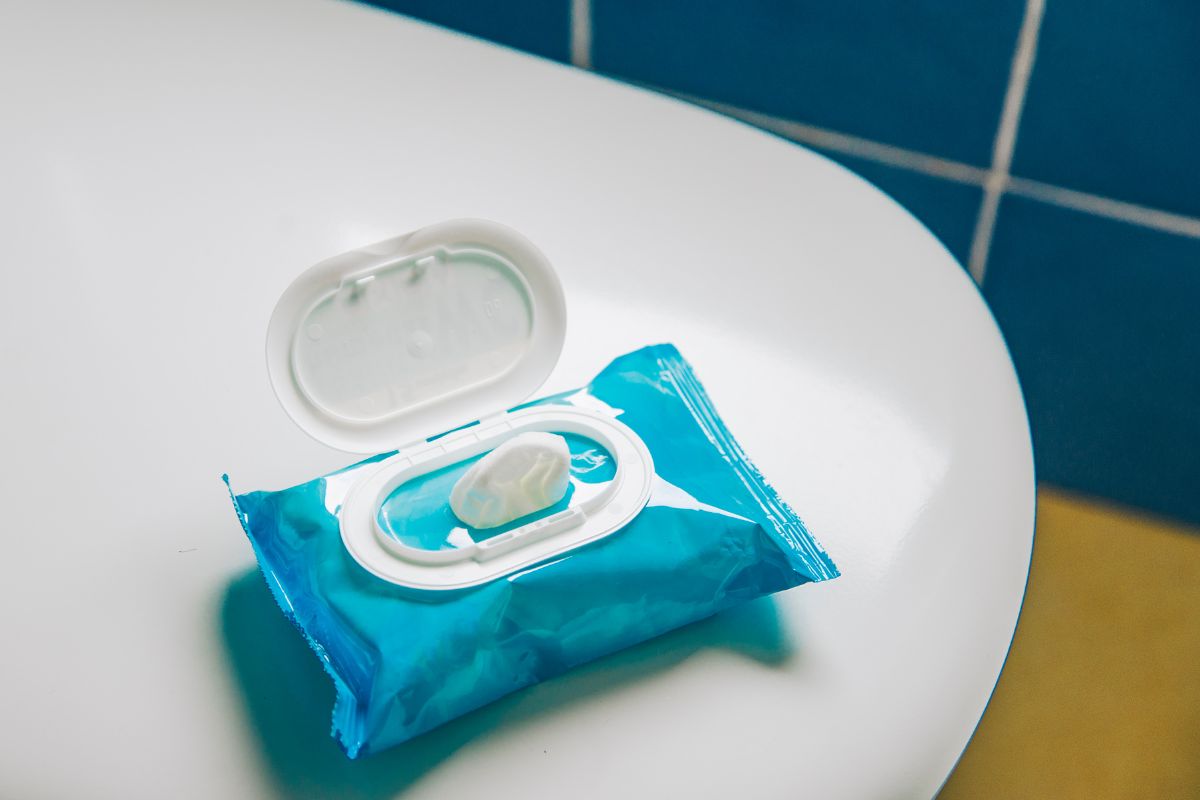In recent months, the Costco company has found itself dragged into a courtroom, which has raised a lot of eyebrows among consumers and the media, for that matter. The cause of alarm here is the alleged use of per and polyfluoroalkyl substances (PFAS) in Costco’s Kirkland brand baby wipes.
The lawsuit, which has caused much unease, states that the company marketed baby wipes with PFAS at an alarming degree. This article delves into the details of the Costco wipes lawsuit baby wipes case, the potential health risks associated with PFAS, and what it means for consumers.
Understanding the Lawsuit
The Costco baby wipes lawsuit case came about after some consumers alleged that the Kirkland fragrance-free baby wipe contained a lot of high PFAS. This class action lawsuit was filed on June 20, 2024 in California. PFAS is a class of chemical that is made by man, and it has been around for approximately the last seventy years.
It has been used in many industries owing to its ability to withstand water, oil, and heat. Such chemicals can be found on normal household products like non-stick kitchenware, water-resistant clothes, and fire brigade foams. However, there are some baby products that have recently triggered concerns.
The brief contends that Costco misled consumers as to the level of safety of these baby wipes, as there was no mention of these chemicals in the wipes, hence misleading the consumers purchasing the product for their babies.
The arguments of the plaintiffs claim that they have been economically injured because they purchased a product that they would not have purchased if they had known about the presence of PFAS in it.
It has been reported that independent tests showed PFAS in the wipes, which led to the class action suit. The suit against Costco also alleges unfair and misleading advertising, arguing that the company made insufficient disclosures as to possible hazards of these wipes for children.
The Health Risks of PFAS


The core issue in the class-action suit regarding Costco wipes lawsuit baby wipes has been the health implications and health effects of PFAS. PFAS are better known as forever chemicals since they easily cannot be broken down in the natural environment or even in one’s body system, causing them to be present at all times. Research has linked PFAS exposure to various health problems, including:
- Cancer: Some studies have found associations between PFAS exposure and certain types of cancer, such as kidney and testicular cancer.
- Immune System Effects: PFAS can impact the immune system, potentially reducing the effectiveness of vaccines and increasing the risk of infections.
- Developmental Issues: There is evidence to suggest that PFAS can interfere with the development of fetuses and young children, potentially leading to low birth weight, developmental delays, and other health problems.
- Hormonal Disruption: PFAS have been shown to interfere with hormone function, which can have a range of effects on human health, including reproductive issues.
- Liver Damage: Prolonged exposure to PFAS has been linked to liver damage, as the chemicals can accumulate in the liver over time.
Given these potential risks, the presence of PFAS in baby wipes is particularly concerning, as infants and young children are more vulnerable to the harmful effects of these chemicals due to their developing bodies and higher exposure relative to body weight.
Costco’s Response
In response to the Costco wipes lawsuit baby wipes, the retailer has taken a defensive stance, denying the allegations and seeking to dismiss the case. Costco argues that the plaintiffs have not provided sufficient evidence to support their claims and that the levels of PFAS detected in the wipes are not high enough to pose a significant health risk.
In addition, Costco points out its dedication to product protection and states that due to the overhauling of quality control policies, there have been no concerns about product safety.
On the other hand, however, the plaintiffs do argue that there are no acceptable PFA levels allowable in baby wipes other than none, especially considering the health risk factors posed by these chemicals.
It is still unclear as to how the lawsuit will progress owing to the fact that both parties to the suit will be tending to their cases in what is anticipated to be a long stretch of litigation. In the meantime, consumers are left to make their own decisions about whether to continue using Costco’s Kirkland baby wipes or seek alternatives.
What This Means for Consumers


Because of the Costco baby wipes lawsuit case, further questioning regarding the safety of products and the duty of the manufacturers and sellers has come up. For the parents and guardians, the lawsuit brings worries about the safety of baby wipes and other products that can be used directly on the children. Here are some steps that concerned consumers can take:
- Stay Informed: Keep up-to-date with news about the lawsuit and any potential recalls or safety warnings issued by Costco or regulatory agencies.
- Consider Alternatives: If you are concerned about the presence of PFAS in Costco’s baby wipes, you may want to explore alternative brands that specifically advertise themselves as PFAS-free or eco-friendly.
- Check Labels: While PFAS are not always listed on product labels, look for products that are marketed as free of harmful chemicals or that have been certified by reputable organizations for their safety.
- Demand Transparency: Consumers have the right to know what is in the products they purchase. Advocacy for greater transparency and stricter regulations on PFAS in consumer products can help ensure safer products in the future.
- Consult Health Professionals: If you have used Costco’s baby wipes and are concerned about potential health risks, consult with a healthcare provider to discuss any symptoms or concerns you may have.
Conclusion
Though this is still a legal battle in progress, it only serves as a reminder of the essential nature of the products being manufactured, especially those that are used by children.
In the face of these difficulties, we as consumers should have the right attitude and guard our health by keeping ourselves educated.
















